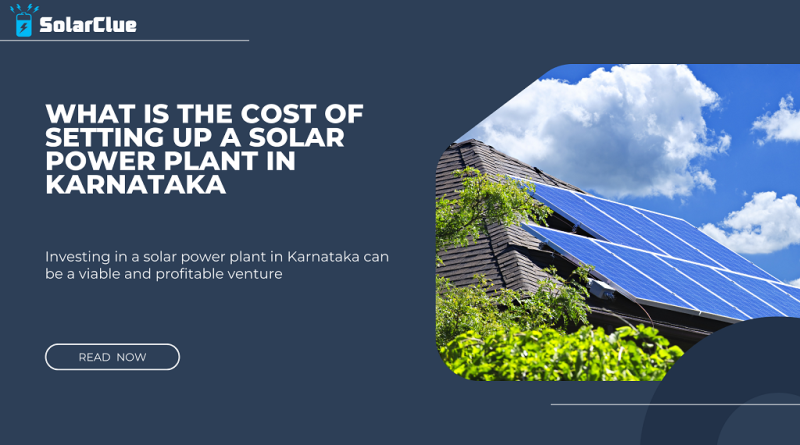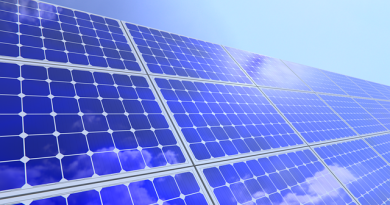What Is The Cost Of Setting Up A Solar Power Plant In Karnataka
As the world progressively embraces renewable energy sources, solar power generation has become a vital solution for meeting energy demands. Karnataka, a southern state in India, is no exception and has emerged as a forerunner in solar power generation in the country. By setting up solar power plants, both individuals and businesses can contribute to environmental sustainability, reduce energy costs and even generate revenue. However, determining the cost of setting up a solar power plant in Karnataka may not be straightforward due to the various elements involved. This article aims to delve into these variables.
Table of Contents
The Overview of Solar Power in Karnataka
Karnataka has rapidly advanced in its renewable energy sector, particularly solar power. With around 7.3 GW of solar installations, it stands as India’s largest solar power producer. An ideal combination of factors – high irradiation levels, supportive government policies, and enormous tracts of land – have contributed to this solar surge. The state’s solar energy policy aims at achieving a target of 20 GW of solar power by 2025, providing immense opportunities for solar power plant setups.
What Is The Cost Of Setting Up A Solar Power Plant In Karnataka
Cost Determining Factors of a Solar Power Plant
Several cost elements influence the setting up of a solar power plant in Karnataka. They include the size of the solar power plant, the type of solar panels used, the quality of other components such as inverters and batteries, grid connectivity costs, installation costs, permitting and regulatory costs, and ongoing maintenance and operation costs.
Size of the Solar Power Plant and Type of Solar Panels
The cost of a solar power plant fundamentally depends on its size, or more specifically, its capacity (measured in MW). Larger plants require more panels and infrastructure, which increases the cost. As of 2021, the estimated cost per MW capacity of setting up a solar power plant in India is approximately INR 4-5 crores. This, however, can vary based on the type of solar panels used. Monocrystalline panels, while more efficient, are also more expensive than polycrystalline or thin-film variants.
Equipment and Infrastructure
Beyond the panels themselves, the investment cost also incorporates other equipment such as solar inverters, mounting structures, batteries (if using an off-grid system), wiring, and other electrical accessories. The quality and specifications of this equipment also greatly affect the final cost. A high-grade solar inverter may cost more upfront but could result in better performance and longer lifespan of the plant.
Permitting and Regulatory Costs
Setting up a solar power plant also involves legal and administrative costs. These include permits, inspections, and interconnection charges. Furthermore, costs may be incurred for environmental assessments, especially for larger solar projects. The regularization and permitting process can be complex and could require professional consultancy, which adds to the cost.
Ongoing Costs
The initial setup cost is not the only expense; operational and maintenance costs significantly influence the total cost of a solar power plant over its lifetime. Regular cleaning, part replacement, system performance monitoring, and insurance are all mapped under ongoing costs. These costs can compose around 1% to 3% of the total setup cost annually.
Government Support and Incentives
The government provides support to lower the financial burden of setting up solar power plants. The Ministry of New and Renewable Energy (MNRE) offers various incentives like capital subsidy, accelerated depreciation, tax holidays, etc. The Central Electricity Regulatory Commission (CERC) also provides a benchmark for solar project costs, which can serve as a reference resource for investors looking to set up solar power plants in Karnataka.
Conclusion
Investing in a solar power plant in Karnataka can be a viable and profitable venture owing to the high solar potential and encouraging government policies. While the cost of setting up a solar plant can be substantial, it varies widely based on factors such as plant size, technology used, infrastructure, and ongoing costs. Understanding these factors is crucial in conducting a comprehensive cost analysis for a solar power plant. It is also advisable to consider the long-term financial benefits of such an investment, aside from the apparent environmental benefits. As the shift towards renewable energy hastens, solar power generation in Karnataka may unlock an array of opportunities for the discerning investor.



